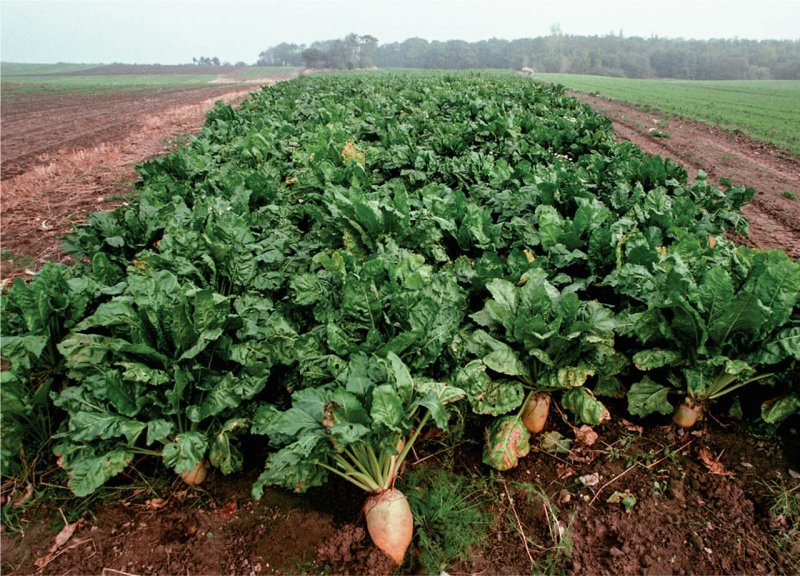Condemned as “bee killers,” [neonicotinoid pesticides] have been officially banned in France since 2018. However, faced with the jaundice crisis which ravaged the beet industry in 2020, the government has backed down [and authorized] “exemptions from the ban on neonicotinoids in specific circumstances.”
…
The contested order is also said to comply with European law: the European Union effectively prohibits the use of neonicotinoids, “but provides for temporary exemptions when there are serious risks for agriculture and in the absence of any other solution.”
The decree of February 5 “respects this derogation,” according to the summary judge “because of the serious risk of a new massive infestation by aphids carrying beet diseases in the spring of 2021.” For the Council of State, the losses suffered by the industry last year “show that there are no other reasonable means to control this danger” — at least for the moment.































